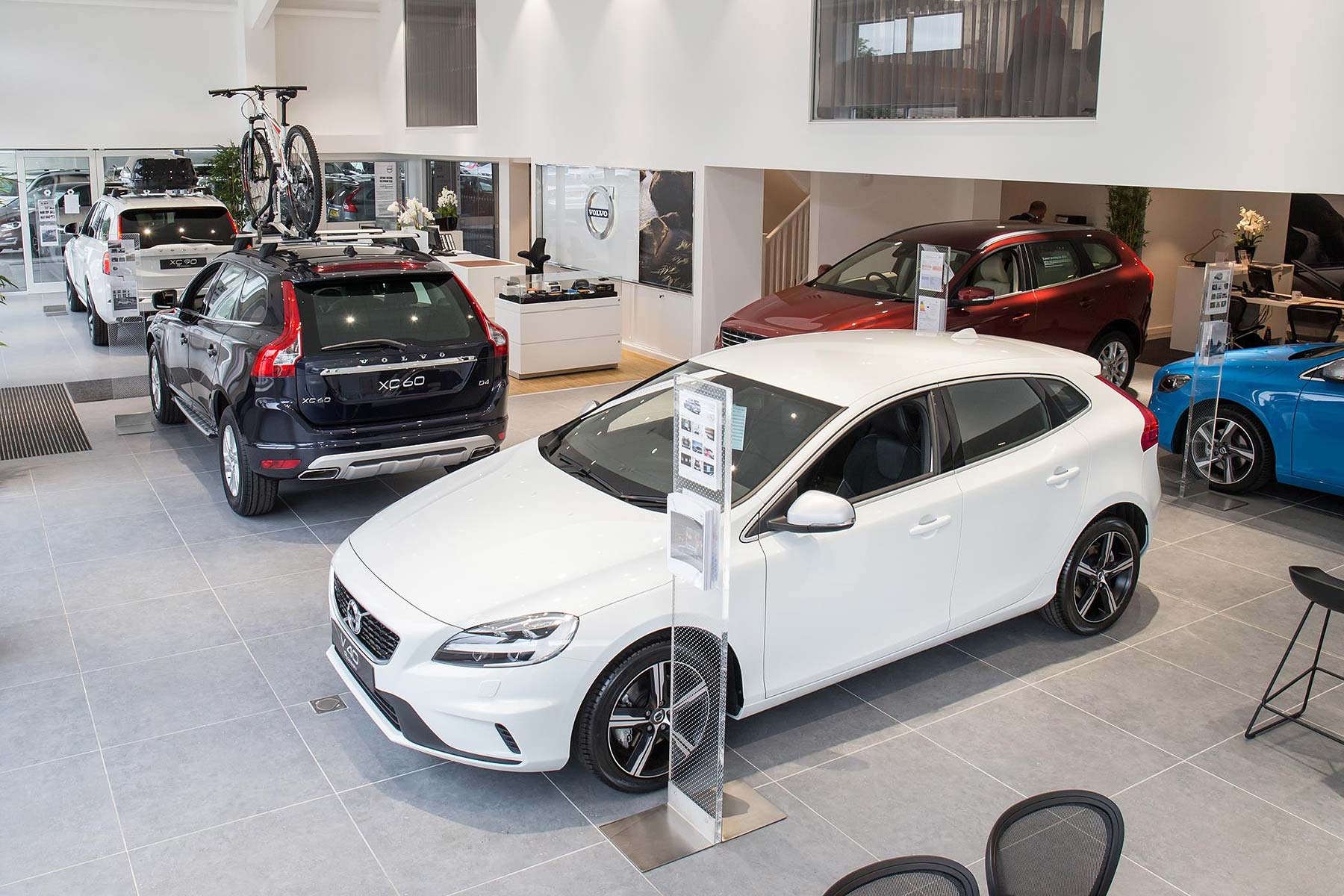
The number of new cars registered in the UK hit a record high last year, with nearly 2.7 million cars sold in 2016.
That’s according to figures released this morning by the Society of Motor Manufacturers and Traders (SMMT) – but the organisation’s chief executive has warned the industry could be in for a ‘lumpy’ ride in 2017.
Speaking at a briefing held in London, Mike Hawes told Motoring Research that he expects the number of new cars registered this year to dip by 5-6% to around 2.55 million.
The trade body chief exec suggested that we might see a spike in new car registrations, particularly for premium cars, in March, as buyers attempt to ‘beat’ the new VED (car tax) bands being introduced in April.
Price rises expected
This is despite Theresa May aiming to trigger Article 50 that month – something which Hawes doesn’t think will in itself have a big effect on numbers. What will have an impact, he said, is price rises caused by the weakness of the pound – an effect the industry has already started to see.
Hawes said: “Ultimately, a fall in sterling is going to flow through to an increase in pricing, probably of the magnitude of 2-3% over the coming months.”
He explained that more than 85% of cars sold in the UK are imported, but customers might not be too concerned about minor price rises. The majority of private car sales involve finance in some way, so a small increase in a car’s list price would result in a tiny rise in monthly repayments.
Some manufacturers might try to soak up the price rise rather than pass it onto customers. This would, however, mean they have smaller margins to work with so might not be able to tempt buyers with impressive finance deals and promotions – something which is partly credited with the success of UK car sales in 2016.
Registrations of diesel cars slump
The figures released this morning also reveal that diesel cars appear to be out of favour, with diesels accounting for 47.7% of all new car registrations – a drop of 0.8% compared to their market share in 2015. They still sold record numbers overall, however, and Hawes says he doesn’t think this decrease is necessarily down to Dieselgate.
“Supermini and mini [city] car segments are growing,” he said, “and these are usually powered by petrol engines. People are buying more smaller cars and that could explain why we’ve seen a drop in the popularity of diesel.”
He also credited investment in alternatively-fuelled cars and a growing interest in new technology for the drop in diesel car sales.